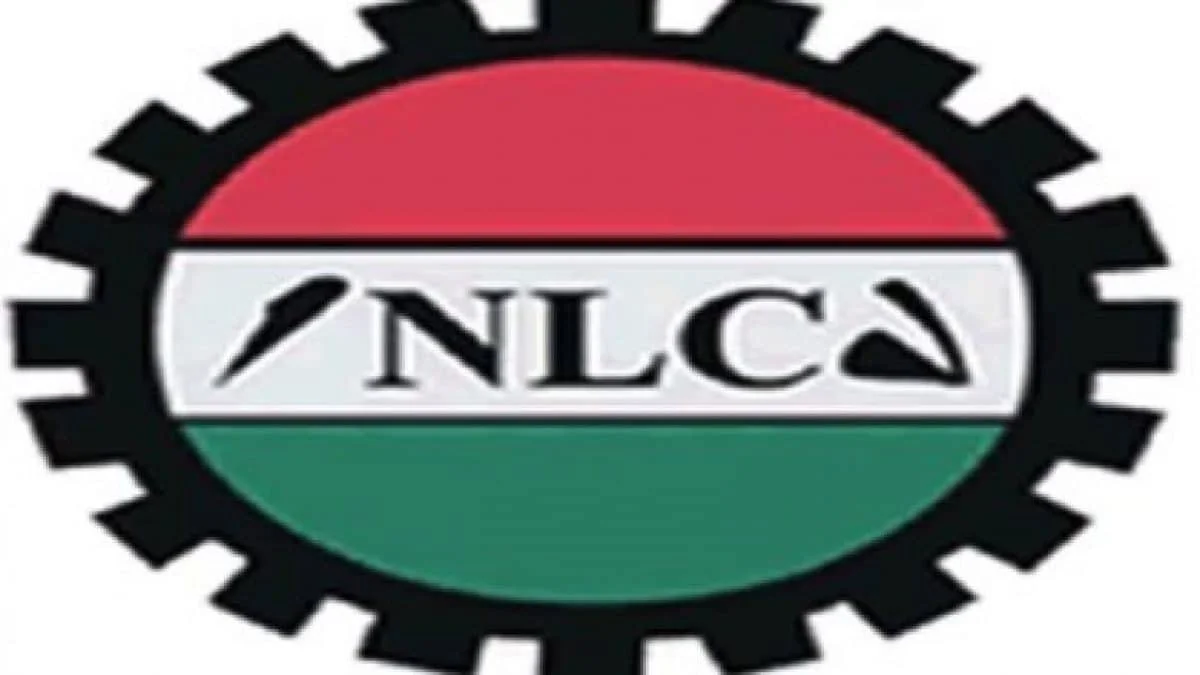
Leaders of the Nigeria Labour Congress and Trade Union Congress have agreed with the Federal Government to halt the indefinite strike, which came about 24 hours after workers severely damaged Nigeria’s economy.
This was revealed on Monday night by Senator George Akume, the Secretary to the Government of the Federation, during unveiling the resolutions from the emergency meeting with organised labour.
The four-point resolution was signed by Festus Osifo, the president of the TUC, Joe Ajaero of the NLC, Mohammed Idris, the minister of state for labour and employment, and Nkeiruka Onyejeocha.
The federal government stated in the resolutions that it is dedicated to providing a minimum salary that exceeds N60,000.
The resolution directed the tripartite Committee to convene daily for the upcoming week to reach a consensus on a National Minimum Wage.
Crucially, they also stated that organised labour would convene right away to discuss the pledge made by the federal government.
“Labour in deference to the high esteem of the President, Commander-in-Chief of the Armed Forces, the Federal Republic of Nigeria’s commitment in iv above undertakes to convene a meeting of its organs immediately to consider this commitment; and No worker would be victimized as a result if the industrial action,” part of the resolution read.
ZINGTIE was informed by a top organised labour official who wished to remain anonymous that workers will call off their indefinite strike and resume talks with the government.
“For certain, organized labour will suspend its indefinite strike on Tuesday to continue negotiations with the tripartite committee.
“This is in line with the commitment extracted from the government after the meeting with the SGF”, he said.
A previous meeting between the National Assembly’s leadership and organised labour concluded in a standoff.
Because the government has neither implemented a minimum wage nor reversed the increase in electricity tariffs, workers began an indefinite strike on Monday, June 3.
TUC and NLC cripple Nigeria’s economy
The federal government’s refusal to enact a minimum wage and reverse the increase in electricity tariffs has caused organised Nigerian workers to shut down the country’s banks, ports, energy, aviation, road transport and telecommunications businesses on Monday, bringing the country’s economy to a complete halt.
Due to airline cancellations, passengers were left stranded at several airports, including Nnamdi Azikiwe International Airport in Abuja and Murtala Muhammed International Airport in Lagos.
The Transmission Company of Nigeria declared early on Monday morning that workers had shut down the national grid, resulting in darkness across the country. While small company owners use fuel, which costs N701.24 per litre, many manufacturers operate on diesel, which costs N1415.06 per litre.
The situation is exacerbated by the fact that the Nigeria Union of Petroleum and Natural Gas Workers, NUPENG, are not free from the ongoing strike, resulting in a shortage of fuel and diesel.
Additionally, a few financial institutions and banks partially suspended operations.
ZINGTIE noticed that all of the banks were closed in the vicinity of the federal secretariat in Abuja.
In addition to other states, this was the situation in Kano, Ondo, Lagos, Delta, Bayelsa, Oyo, Ebonyi, Cross River, Akwa Ibom, and Benue.
Public office operations were based on observance of the strike.
ZINGTIE saw public offices closed by striking employees.
The striking employees closed the National Assembly Complex. The Federal Secretariat and other Abuja agencies are in the same situation. The same thing happened at every port in Nigeria.
The development has jeopardised Nigeria’s economy, which is already struggling with high unemployment, fluctuating foreign exchange rates, rising inflation, and an energy crisis.
Please don’t forget to “Allow the notification” so you will be the first to get our gist when we publish it.
Drop your comment in the section below, and don’t forget to share the post.






